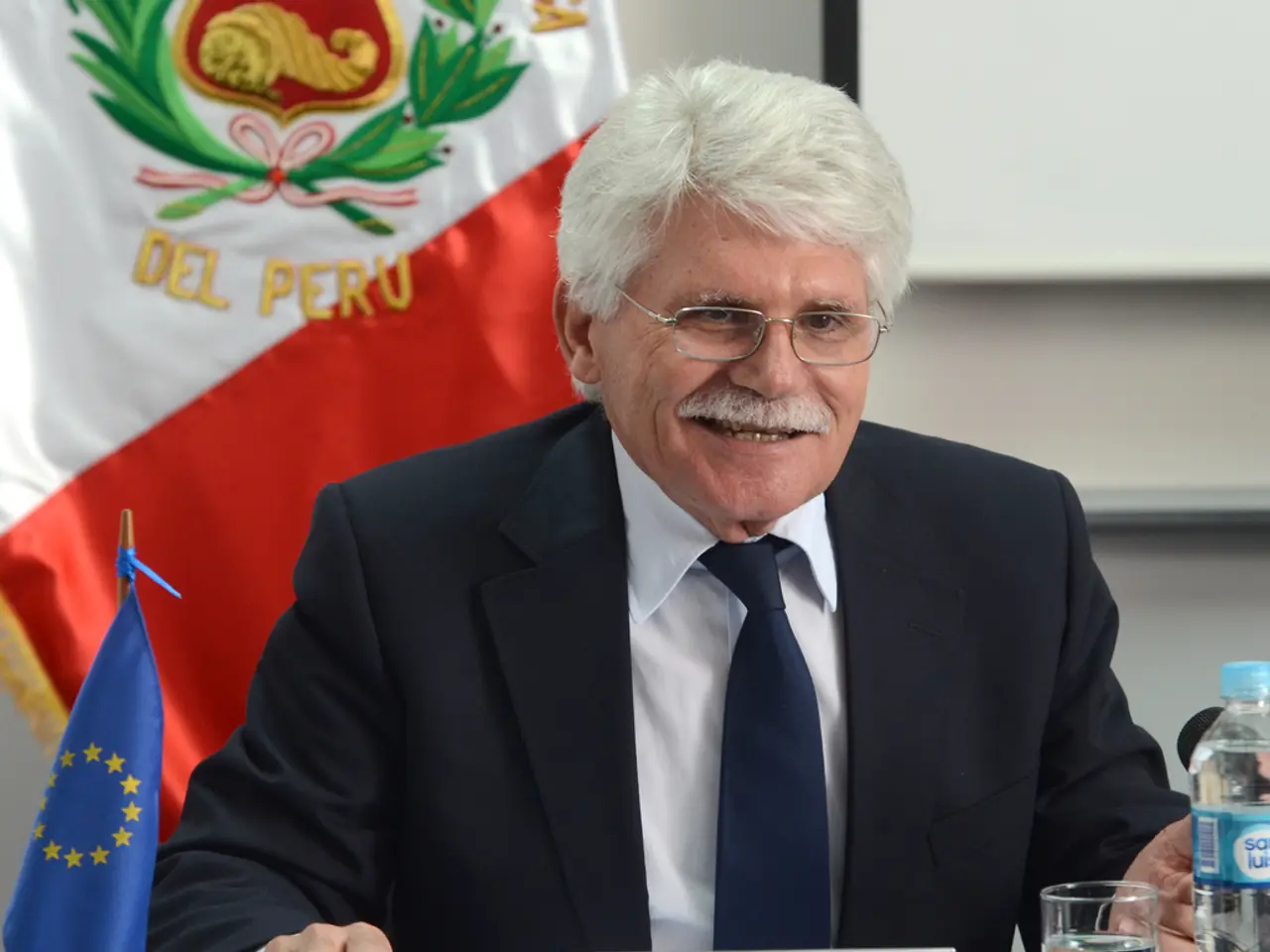Amazon reserve rejection sparking Indigenous protest, as Peru refuses protection for uncontacted tribes
In a move that has been met with criticism from Indigenous leaders, Peru's Congress has rejected a proposal to create the long-delayed Yavari Mirim Indigenous Reserve. The decision, which was eight votes against and five in favour, deals a setback to a plan that has languished for more than two decades.
The Yavari Mirim Indigenous Reserve, if approved, would have protected five uncontacted tribes: Matses, Matis, Korubo, Kulina-Pano, and Flecheiro. These tribes live in voluntary isolation with no sustained contact with the outside world, residing in a remote forest that faces mounting threats from illegal logging, mining, oil and gas drilling, and drug trafficking.
Advocates argue that the decision puts the lives of these uncontacted Indigenous peoples in danger. Julio Cusurichi, head of the program for Indigenous Peoples in Isolation and Initial Contact at AIDESEP, stated that the decision is a concrete violation of the rights of these peoples. He warns that no economic activity should be placed above the rights to life and territory of these uncontacted Indigenous peoples.
The rejection of the proposal was not unexpected, as it faced pushback from logging concession holders, regional business groups, and some lawmakers who argued that creating the reserve would block economic development and restrict access to valuable natural resources.
John Walsh, director for drug policy and the Andes at WOLA, a U.S.-based human rights group, expressed disappointment with the decision. He stated that it opens the door to extractive industries and casts aside the rights of those who live there. Indigenous groups warn that the changes proposed in the law would erode safeguards and undo hard-won protections.
The name of the person who presented the proposals for the Amazon reserve on behalf of the Federation of Ticuna and Yagua Communities of the Lower Amazon is Perlacio Moreno. The remote forest, vulnerable to these threats without the protection of the Yavari Mirim Indigenous Reserve, now faces even greater risks.
The rejection of the Yavari Mirim Indigenous Reserve comes during a congressional push to amend Peru's Indigenous Peoples in Isolation law. The proposed amendments aim to mandate regular reviews of reserves and give lawmakers greater power to alter or scrap them. Indigenous leaders view this push as a display of the government's "anti-Indigenous face."
This decision has sparked outrage among Indigenous communities across Peru's Amazon, who see it as a "hard blow" to their efforts to protect their lands and way of life. The future of these uncontacted tribes, and the remote forest they call home, remains uncertain.
Read also:
- Understanding Hemorrhagic Gastroenteritis: Key Facts
- Stopping Osteoporosis Treatment: Timeline Considerations
- Tobacco industry's suggested changes on a legislative modification are disregarded by health journalists
- Expanded Community Health Involvement by CK Birla Hospitals, Jaipur, Maintained Through Consistent Outreach Programs Across Rajasthan








